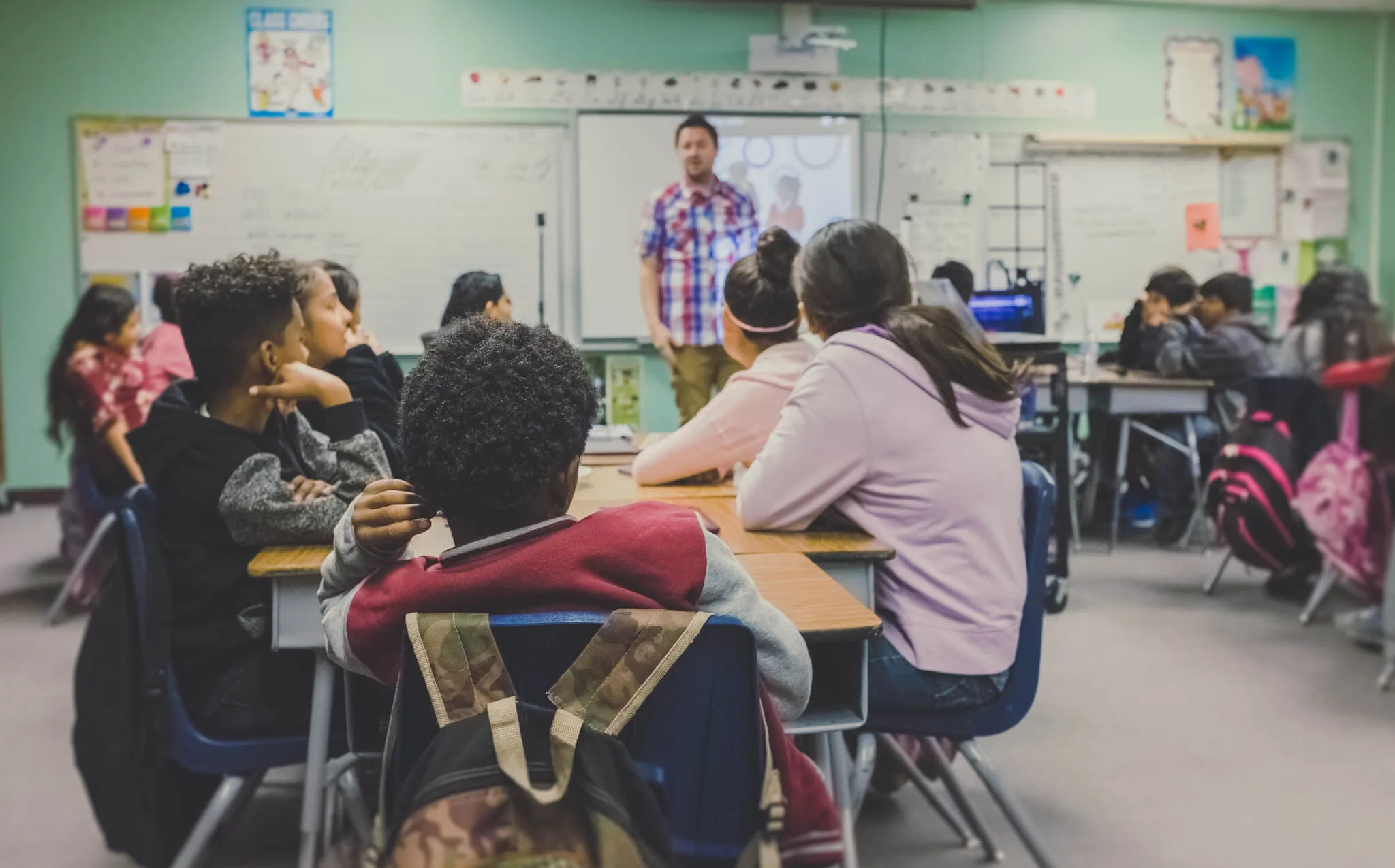
A new law will allow families to spend public funding on private schooling, but the program is leaving behind those who it was originally intended for.
Gov. Ducey signed a bill Thursday that would give all Arizona K-12 students access to Empowerment Scholarship Accounts, or school vouchers, which provide students with nearly $7,000 yearly from public school funding to attend private schools or homeschool.
School voucher expansion has previously proved unpopular among Arizona voters. In 2018, a similar expansion attempt was met with a referendum that 65% of voters approved, effectively killing the voucher expansion.
Four years later, the same group that led the repeal efforts in 2018 hopes to repeat history and allow voters to once again weigh in on voucher expansion in 2024.
RELATED: It’s Not Just Today—Arizona Schools Have Had Funding Issues for Decades
School vouchers in Arizona have a nearly 25-year history, with the Empowerment Scholarship Accounts program being around for 11 of those years.
Since their inception, access to school vouchers has increased dramatically, from providing access to underprivileged students to now potentially being available to all K-12 students in the state.
Origins of School Vouchers
In 1998, the Arizona legislature created the first Student Tuition Organization, which provided private schools with scholarships to help any student cover only the cost of tuition. In 2009, a new STO was created specifically for students with disabilities.
In 2011, the Empowerment Scholarship Accounts program began as a way to provide educational opportunities outside of traditional public schools to students with disabilities. As opposed to the STOs, families receive the vouchers directly in order to pay for what they need.
This program, funded by public school appropriations, helps pay for private school tuition, supplies, tutoring, college entrance exams, and more. In the program’s first year, 114 students received $1.6 million in financial aid.
Since then, the legislature has expanded ESA access to include students who have been in the foster care or adoption system, are placed with a permanent guardian, are children of members of the armed forces, and who are attending underperforming schools.
The Current State of the ESA
In 2017, the legislature passed a bill that would provide universal access to school vouchers, which led to Proposition 305, the measure that voters rejected in 2018. A similar bill was passed and signed into law earlier this year. Now, 1.2 million students may have access to $8.4 billion from public school funds in order to attend private schools or homeschool.
The law Ducey signed, HB2853, contains no accountability for programs that accept the vouchers, such as requiring programs to perform standardized testing or recording demographic information of the students and families using the vouchers.
RELATED: Here’s Who is Running for State Superintendent
However, due to the unpopularity of the measure in 2018, local organization Save Our Schools Arizona has launched a referendum campaign in an attempt to block the ESA expansion until voters can decide on it in the 2024 election. The group has until Sept. 24 to collect 118,000 verified signatures on their referendum.
For comparison, the 2018 referendum was launched in May 2017, one month after Gov. Ducey signed the voucher expansion bill. That year, the group had to collect 75,321 valid signatures in three months to qualify for the ballot. They ended up collecting nearly 95,000 confirmed signatures.
Currently, fewer than 12,000 students have taken advantage of the ESA program, and although the new expansion provides access to tuition funding, that number may not rise by much.
The vouchers provide families with about $7,000 annually to fund private education, but the average cost of private school tuition in Arizona is $12,650, meaning only affluent families who want to send their children to private school will have the means to utilize the money that was initially meant to provide better opportunities to students with disabilities.
Looking for the latest Arizona news? Sign up for our FREE daily newsletter.

He said what? 10 things to know about RFK Jr.
The Kennedy family has long been considered “Democratic royalty.” But Robert F. Kennedy, Jr.—son of Robert F. Kennedy, who was assassinated while...

Here’s everything you need to know about this month’s Mercury retrograde
Does everything in your life feel a little more chaotic than usual? Or do you feel like misunderstandings are cropping up more frequently than they...

Arizona expects to be back at the center of election attacks. Its officials are going on offense
Republican Richer and Democrat Fontes are taking more aggressive steps than ever to rebuild trust with voters, knock down disinformation, and...

George Santos’ former treasurer running attack ads in Arizona with Dem-sounding PAC name
An unregistered, Republican-run political action committee from Texas with a deceptively Democratic name and ties to disgraced US Rep. George Santos...




